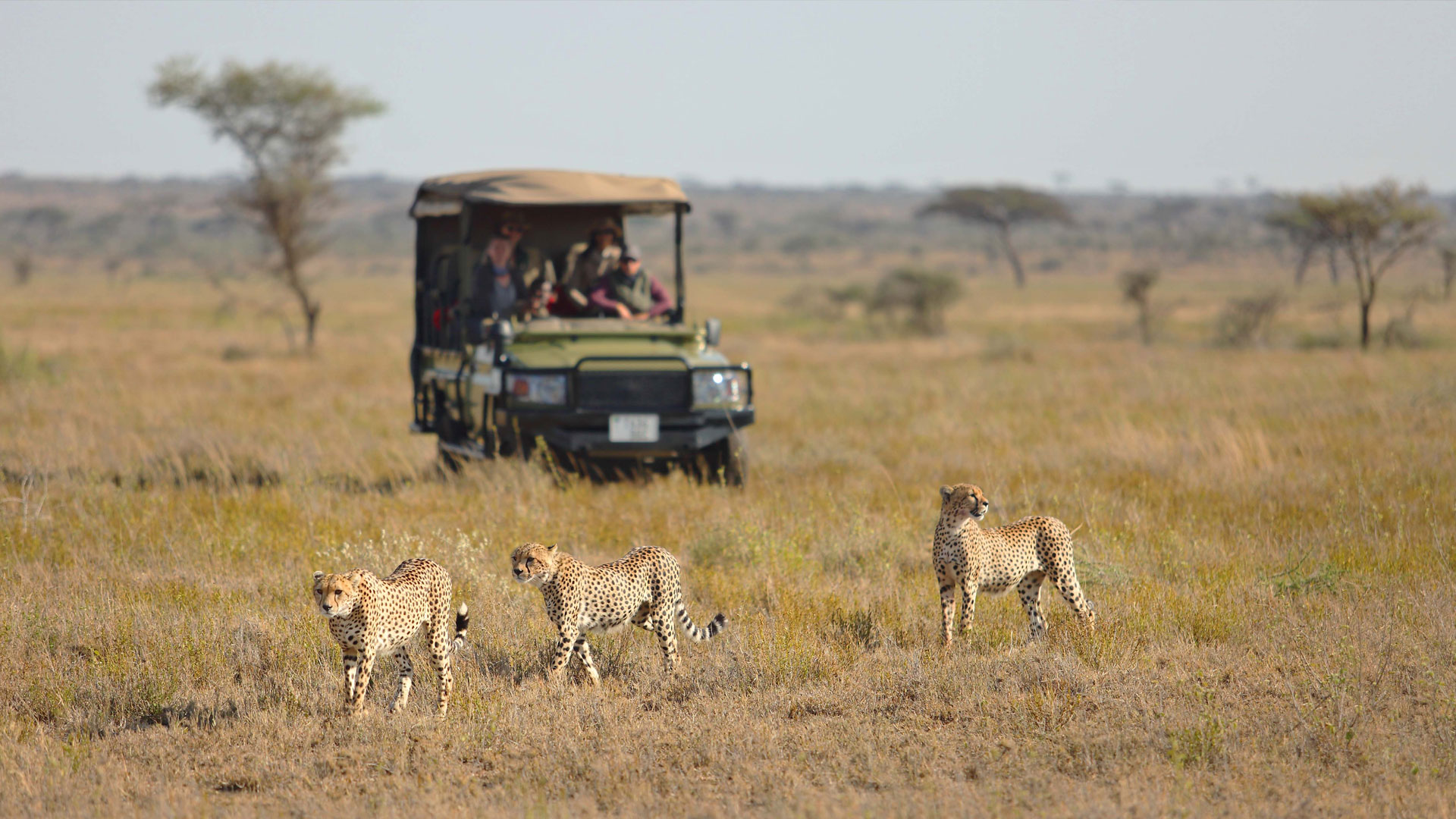Asilia Website
Asilia Africa is one of East Africa’s long-standing safari companies.

INEOS chairman Sir Jim Ratcliffe is supporting ambitious conservation initiatives in Tanzania through formal wildlife research alongside sustainable ecotourism.

Southern Tanzania is an extraordinary natural habitat with one of the highest concentrations of lions and other wildlife in the world, but it is under threat from human encroachment and poaching. Often overlooked by tourists, southern Tanzania has for many years faced many hurdles, including poaching, logistical challenges and lack of tourism revenues compared to the more famous national parks.
Therefore INEOS Chairman Jim Ratcliffe, a passionate conservationist who has been on countless safaris over the past 20 years, decided that he could support its sustainable development. He has joined with luxury eco-tourism company, Asilia Africa – one of the continent’s best loved safari providers – to launch a $10 million safari tourism project in the area. He believes developing tourism in southern Tanzania will open the eyes of the world to a place of immense beauty and importance – and help to bring local jobs and prosperity.
Asilia, which is also funded by the Norwegian Sovereign Wealth fund, is now operating three luxury safari lodges to provide travellers with a unique safari experience, great hospitality and high-quality accommodation. Each guest staying in these lodges should generate over $100 per day for the local area. Concession fees go directly towards protecting the park or reserve and the wildlife and habitats.
The new camps sit within two unique eco-systems which cover over 100,000 sq kms of conservation land. The Roho Ya Selous camp is located in the heart of the Selous Game Reserve, a wild and unspoiled game park which is larger than Switzerland. The Jabali Ridge and the Jabali Private House are situated in the Ruaha National Park, home to 10% of the world’s lion population. Despite being the size of New Jersey in America, it is visited by only a handful of travellers every year.
The two camps and the lodge – although designed by a South African architect – were built using local labour. Food and goods made locally are also used where possible and about a third of the company’s 600-plus staff live in the remote, rural villages close to its safari camps.

The opening up of Tanzania’s unique southern circuit and the launching of these three camps is intended to create a sustainable tourism industry, high quality and numerous jobs for local people and discourage poaching by offering alternative income streams.
Jim chose to invest in Asilia particularly because of the work it does to empower local people and places. “We see people and nature as inseparable partners,” said Clarissa Hughes, Positive Impact Co-ordinator at Asilia Africa. “The development of one must mean the development of the other.”
The company, which likes to work with communities, authorities, non-governmental organisations and other tourism companies to benefit all, also provides schools with desks, books, and pens. This year it has also been on a mission to help local students who cannot afford higher education, to gain scholarships to the Veta Hotel & Tourism Training Institute. “We believe that education is key to lifting people out of poverty and providing them with alternative livelihoods to poaching and unsustainable farming,” said Clarissa.
Another aim of the project is to raise public awareness of the richness of the region and its need for protection. “There would be an international outcry if someone said we might lose all the elephants in the Serengeti, but if someone said the same of the Selous Game Reserve, most people wouldn’t even know where it was,” said Katie Fewkes, Commercial Manager of Asilia Africa. “We aim to change that.”
We see people and nature as inseparable partners
As well as the three camps, Sir Jim is currently supporting a research facility in the area which is monitoring both the local wildlife and the environment. He says, “I have visited Southern Tanzania many times and know what an extraordinary place it is. As has been seen so clearly in the Okavango Delta, when a local community benefits from high quality employment from tourism, poaching flips to protection to preserve those jobs. This is a huge opportunity to create a long-term, sustainable and ecologically-friendly safari tourism business.”